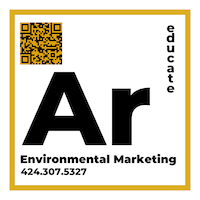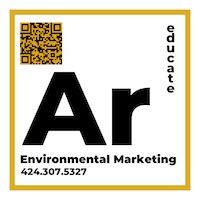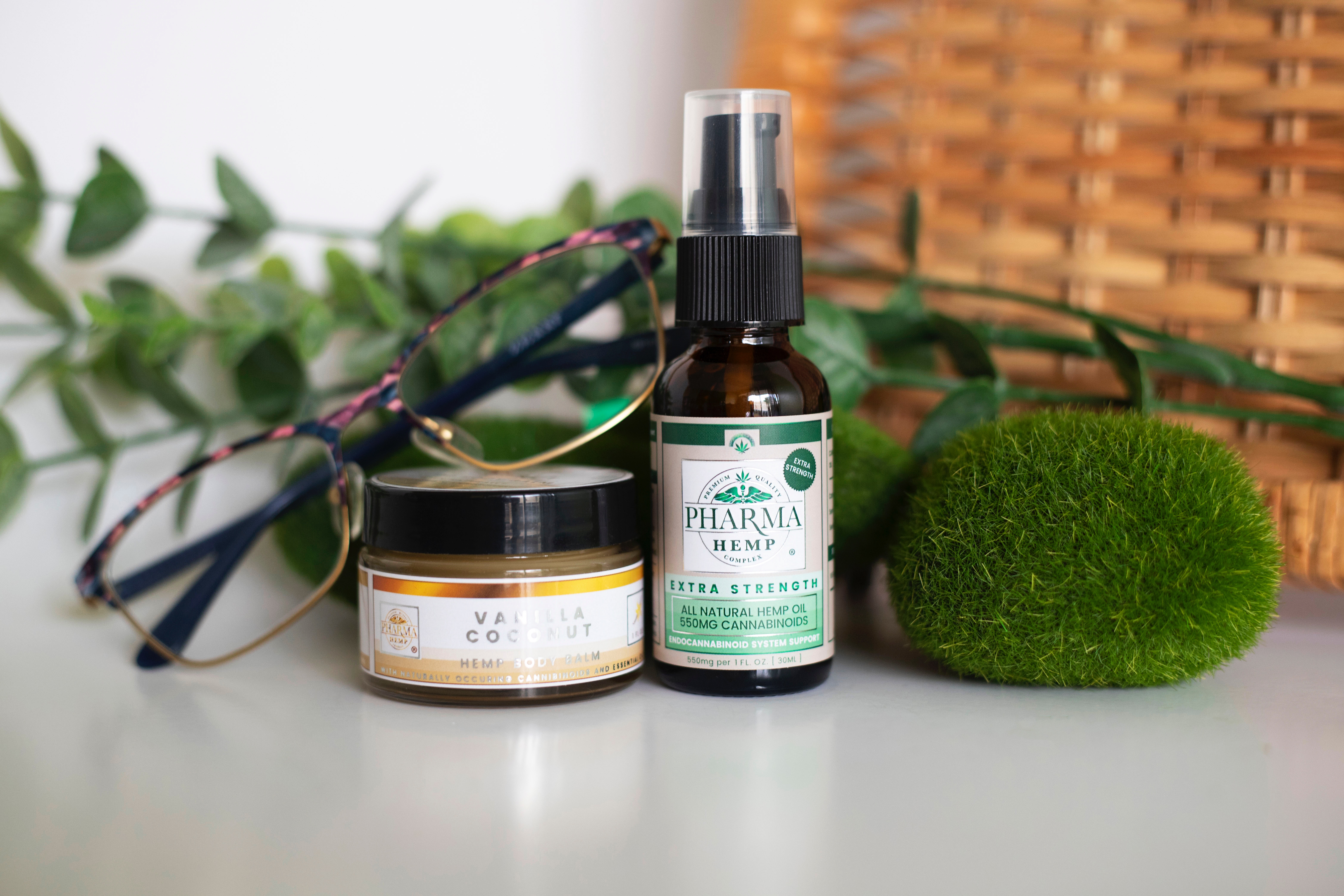How holistic health clinics and alternative medicine can leverage educational content marketing
The data is in. People are increasingly seeking holistic forms of healing at accelerated rates.
A national survey revealed that the use of meditation more than tripled from 4.1% in 2012 to 14.2% in 2017. In addition, the use of chiropractors has increased from 9.1% in 2012 to 10.3% in 2017. Another study showed that dissatisfaction with conventional medicine was the biggest reason more people preferred the use of herbal medicine.
According to a new report by Grand View Research, Inc., the global complementary and alternative medicine markets are expected to reach $210.81 billion by 2026. The number of people turning to herbal medicine, supplements, and body wellness continues to substantially increase, bringing the subject of alternative medicine to the attention of governments forcing officials to pay attention and implement initiatives. Rising costs of conventional medicine have become increasingly unbearable globally, also creating mistrust and monumental growth in people seeking alternative medicine and health care.
Approximately two-thirds of the population of most developed and developing countries have reported using one form or another of alternative or complementary medicine. Certain countries are moving towards legalization of some alternative medicine and therapies backed with approved clinical data. So why aren’t these healing practices more widely discussed in mainstream news? Whose responsibility is it to educate all of us about our healthcare choices?
The Rise of Cannabis Products for Healing

Cannabis legalization is on the rise, and in the U.S. the plant has not been federally legalized, yet we are experiencing states legalizing the use of cannabis for medical purposes as well as recreational use. Some might consider medical and recreational, the same.
The number of people seeking herbal alternatives is also increasing, although complementary and alternative medicine is not yet considered part of conventional medicine. People are not waiting for physicians, pharmacists, and the federal government to catch up.
They are experimenting with alternative remedies, various herbs, and sometimes seeking out herbalists and naturopaths looking for credibility, support, and most importantly, education. While we are in medical credibility limbo, it may be necessary for clinics and professionals of alternative and complementary medicine to take on the huge responsibility of educating. Education is important for everyone, from the end consumer or patient, to local communities, and governments, until all medicine is taken seriously.
The U.S., in particular, remains far behind in this arena, and because of this, there is, unfortunately, a major deficiency in medical research, which means a lack of content, data, and education, leaving the general public and science community ignorant. I don’t know about you, but having an ignorant medical community is frightening, and is likely the reason why more people are self-medicating.
Data collection and information sharing
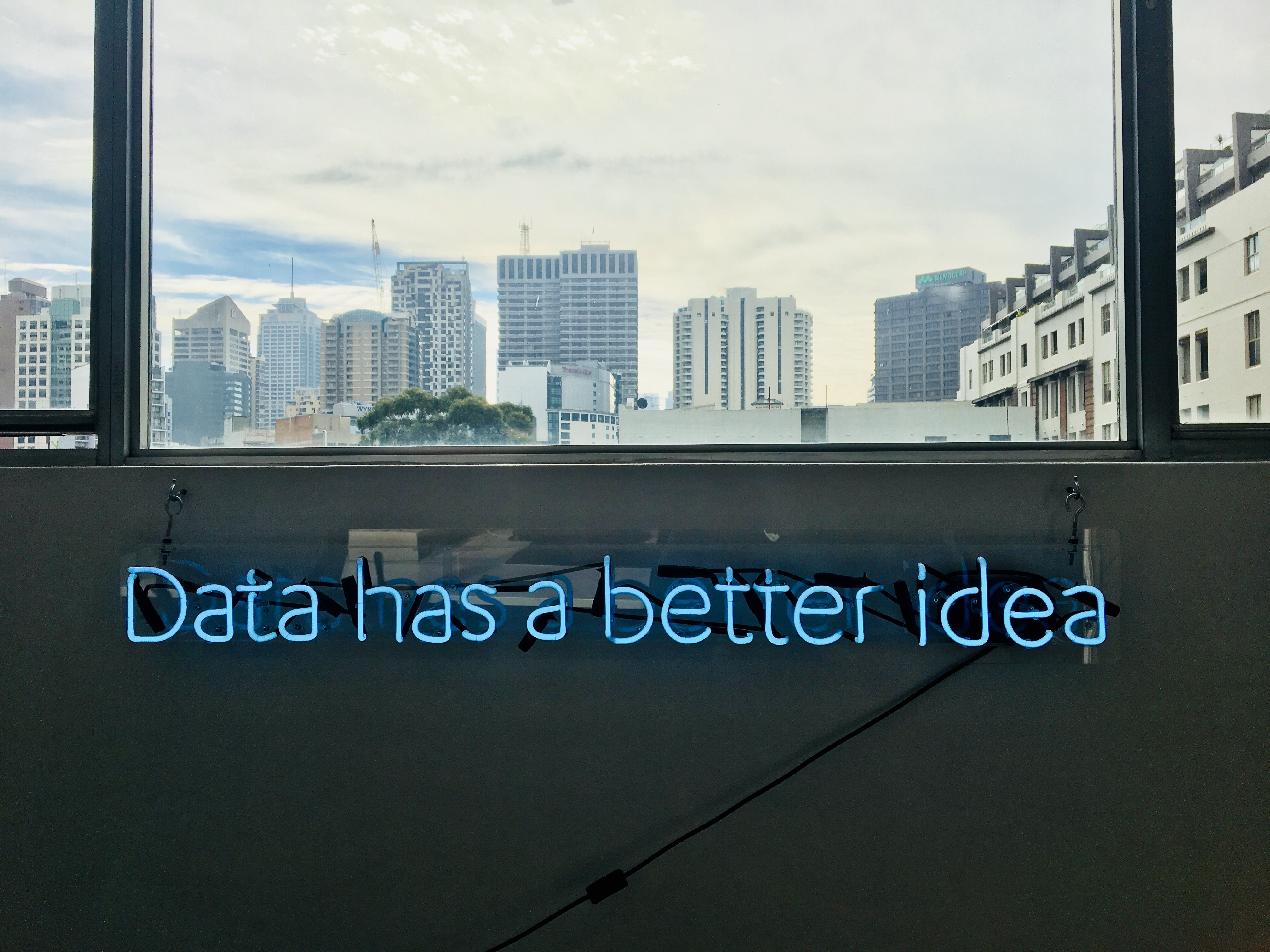
The bright side here is that there are solutions. It just takes strategy, consistency, and the initiative to commit to education. This can look like:
- Herbalists collecting their own data.
- Cannabis clinics surveying their patients and sharing that insight.
- Clinics of all types working with the vendors and creators of herbal blends that also participate in data collecting and creating more of a community around data and information.
- Collecting enough data and creating a plan to disseminate this data strategically and consistently can force the conventional medical community to consider creating their own studies and perhaps listen to people who are already seeking alternative and complementary medicine.
- Turning to data and analytics will not only help clinics learn about their audience, but will also help audiences learn more about how clinic treatments work.
Let’s discuss the holistic health industry’s current needs, then look at some professional cannabis educators, then finish off with some specialty A.R. tips for marketing herbal and holistic health. We can learn how green marketing can amp up your business, whether you operate as a clinic, herbalist, acupuncturist, grower, or as a niche in the industry. Let’s start with a quick definition and dive in.
What is Green Content Marketing? Why is green marketing essential for the alternative and complementary industry?

Green marketing is a pretty green area of study, no pun intended. There is not an actual set definition; however, A.R. considers education and re-education a vital underpinning of green marketing where people, planet, and profits are all equally important. Products that do not contain a triple bottom line, we believe, should be replaced by products and services that do. The way we do this is through educating audiences; pressuring governments to pay attention to what people are demanding and giving the science community a stronger, more authoritative voice.
Green marketing is:
- The marketing of products that are presumed to be environmentally safe.
- (social marketing definition) The development and marketing of products designed to minimize negative effects on the physical environment or to improve its quality.
- (environments definition) The efforts by organizations to produce, promote, package, and reclaim products in a manner that is sensitive or responsive to ecological concerns.
Why should the holistic health industry about incorporating environmental considerations?
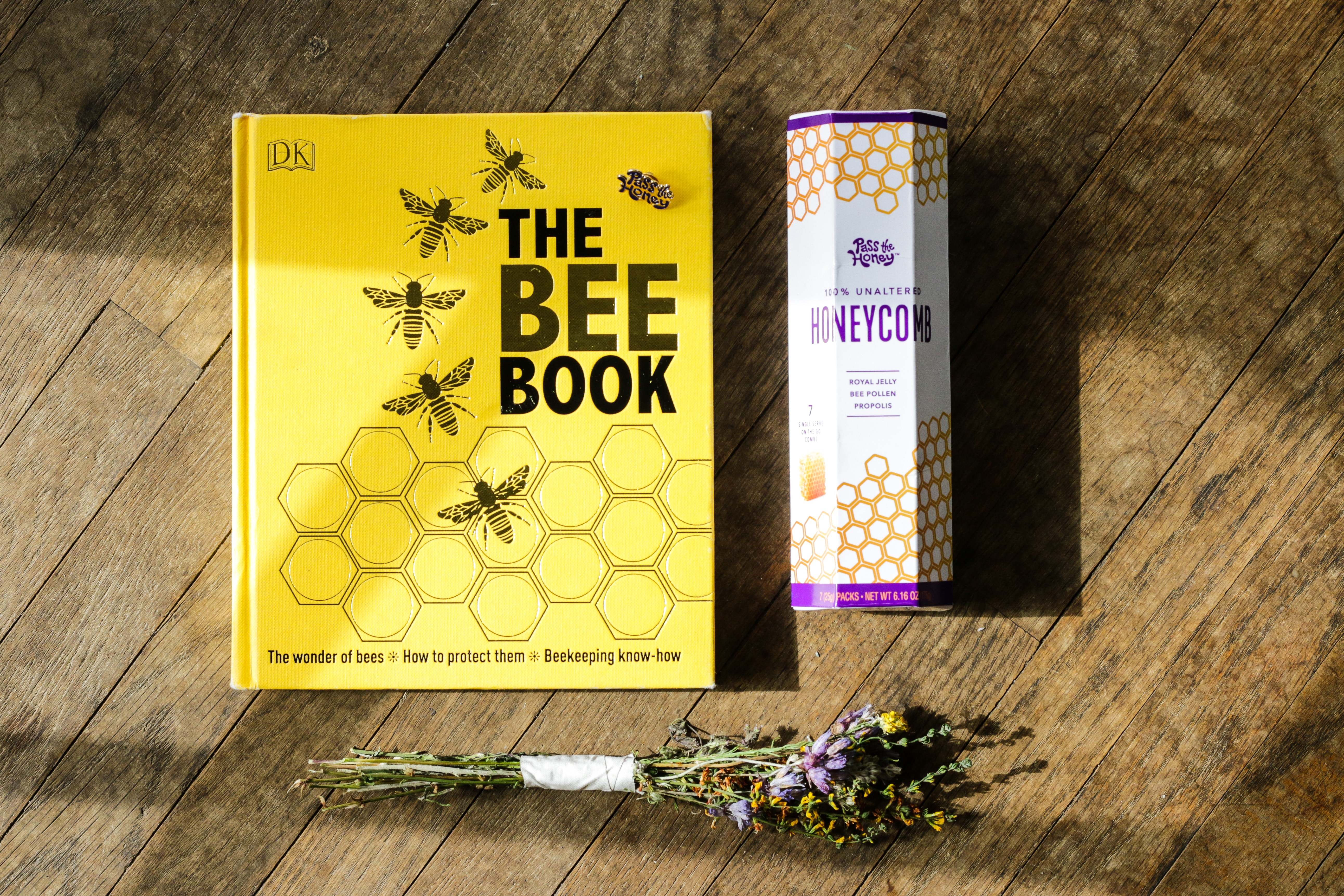
Because our environment has become a grave health concern, there is much to be done in the medical community to make this understanding evident. All holistic medicine must be given full and legitimate studies that also consider environmental factors. If this doesn’t happen, the Western world will continue to have few options to cure illnesses and few options to address our environmental in a genuine, legal way. This separation has already lead to many missed opportunities for improving health and our environment.
The need for alternative and complementary health professionals to educate
The growing number of cannabis businesses is shocking, especially to the average herbalists who consider cannabis as another plant in a host of many healing plants. But as the hot new healing plant, cannabis is proving to be very important as more and more research abroad is uncovered, even with the conventional medical community in the U.S. falling far behind. People are looking to herbalists, and now even cannabis dispensaries for answers, advice, and medicine. They’re doing so because they’re starting to see improved health of people with mild and severe illnesses.
However, the one thing lacking from this increased interest is coherent education around cannabis. That’s because while clinics are opening in legal states, they are failing to invest in educating their current and potential patients in a meaningful way. And this why we’re seeing so many people self-medicating with herbs and alternative medicine. This is where the huge opportunity comes into play for holistic health and cannabis professionals to deliver quality education, by creating case studies, collecting data and developing a full educational strategy as part of their marketing efforts. It will not only bring cannabis businesses more money; it will force the health industry to grow and put people’s health and the planet at the forefront.
Education is what will brand cannabis clinics as must-see industry experts, as opposed to just another dispensary. Focusing on credible educational content allows cannabis professionals to develop expertise, which results in greater reach, an educated client base, increased sales, greater trust, and of course, a greater public image. Let’s look at some examples and then some tips on how to go steps further.
A holistic health hero, Dr. Lakisha Jenkins
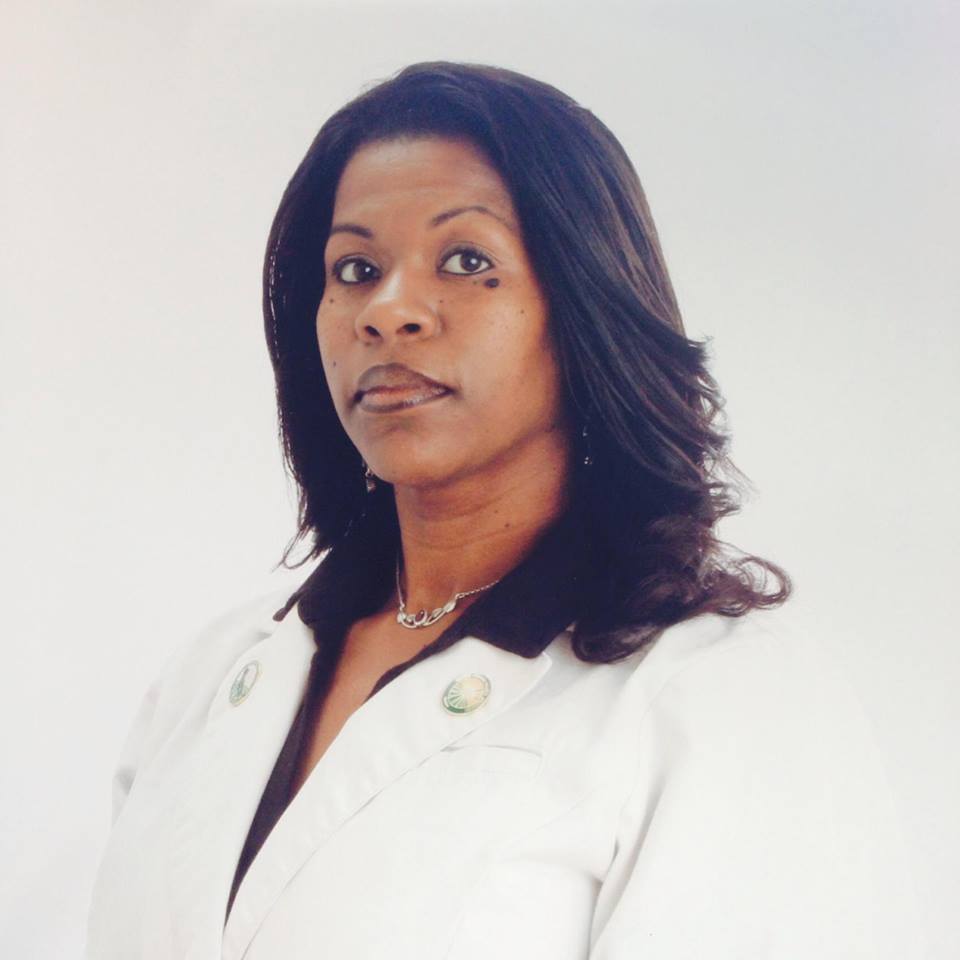
Here’s how an herbalist and major dispensary have leveraged education to move the cannabis industry forward to where it is today.
- Dr. Lakisha Jenkins. Dr. Jenkins, labeled as The Educator by SF Evergreen, lead the industry as President of the California Cannabis Industry Association. Not only is she an advocate for illness treatment, but she is also an educator for alternative healthcare. Dr. Jenkins is a specialized herbalist finding treatments to assist with cancer, diabetes, high blood pressure, the flu, irritable bowel syndrome (IBS), and much more. She also uses her skill to offer health counseling, classes, and group sessions. You can find Dr. Jenkins taking her education to create an herbal wellness center in Jamaica, educating farmers and businesses. With a beautiful mantra of, “My hope for all of my patients is that they’ll find the peace and serenity that I find when I go to work every day. My therapeutic approach is meant to evoke harmony and wellbeing in each and every one of my clients. I believe in healing and nurturing the mind, body, and soul, and believe that together, we can help obtain optimal health.” You can plan your wellness vacation in paradise here.
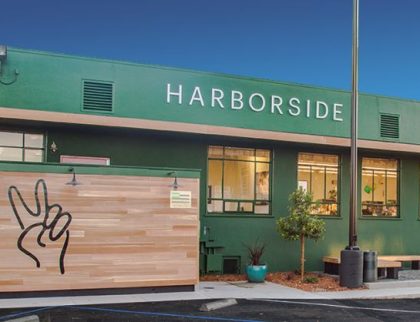
- Harborside Health Center. Harborside occupies the largest cannabis dispensary in the U.S. and focuses heavily on education for families of sick children, veterans, and seniors. Harborside founder Steve DeAngelo also wrote The Cannabis Manifesto: A New Paradigm for Wellness. Check out their abundance of resources; it’s a great place to learn from.
These two professionals are a great example of how to go about focusing your clinic on treatment and education to stand as a leader and disseminate truth.
A.R. Tips for leveraging educational methods.
Leveraging Education for Professional Clinics in Cannabis
What exactly can you do to educate your audience? How can you be influential in uplifting the cannabis industry as a whole?
- Support an organization. Maybe it’s a PTSD support group, a cancer research organization, or even a person battling an illness that relies on cannabis for treatment. Reach out to them and discuss ways your company can contribute. Have they started a petition? Join their efforts.
- Add political action to your content marketing efforts. Creating a petition is a way for your voice to be heard and your patients’ voices to be heard by state officials. This is a way to keep you engaged with your audience and patients while creating a community for change.
- Fulfill your purpose. Let’s say you decided to stand behind a person battling an illness. Why not work with one of your growers to name a strand after this person? You can advertise in your shop that a portion of the proceeds from this particular cannabis sale will go towards supporting this person with medical bills, research, or maybe even something more specific to this person’s illness. This demonstrates your philanthropic efforts while opening the eyes of your customers to how they can also make a difference.
- Get the stats. As a cannabis business, it is crucial to keep track of your patient’s information. Whether you’re a doctor or you’re selling a product, use what you have (while still maintaining confidentiality) and get the numbers. What is the statistical breakdown of your cannabis patients? Age groups? Illnesses? What are they buying? What is the gap between High CBD and High THC level products? Results?
- Leverage the Content. As you collect content, share it in all the ways your audience ingests their information. Create an infographic, create videos, create a facebook group for discussions, or Instagram live videos and stories. Consistently survey your audience to find out how they like to receive and engage with content. Facebook, Twitter, Tumblr, Instagram, Pinterest, etc. all serve as potential platforms for putting you and your content out there. Hubspot shared a statistic that said, “Infographics are liked and shared on social media 3X more than any other type of content.” Why is this? Because people WANT to know the numbers. Having access to all this data and not doing anything with it is a huge problem. Use your content to serve as factory seconds data. Because legal cannabis is still so new, you’d be at an incredible advantage if you served as a source for facts, and more importantly, your patients will be healthier, more knowledgeable, not having to self medicate, and you will learn more as well which will grow your practice or clinic. Here’s is an excellent example of an infographic used to spread awareness about cannabis and epilepsy.
- Stay Consistent. Just because you create one infographic does not mean a multitude of success. I mean, unless it just so happens to go viral, chances are, you are going to need more than just one post to establish your credibility. Create a content calendar so you have a schedule of when your content should be going out. This will help you stay on track, but also gives your audience a better understanding of your posting frequency.
- Use alternative sources. We love infographics, but there are so many other ways to leverage your data and enlighten your audience. Some of the many sources include creating e-books, blogging, webinars, offering counseling, group classes, etc. Put your content to use in a variety of ways and share what you know.
At A.R. Marketing House, we see a tremendous need for educational style marketing, especially in the healthcare industry. Need help with education-based marketing by developing a content-forward strategy? Download our free Data to Content Checklist and start contributing to the much needed educational information on cannabis.
[su_button url=”http://eepurl.com/cEOWt1″ background=”#dcae1d” size=”5″ center=”yes”]Download you FREE data to content checklist![/su_button]
